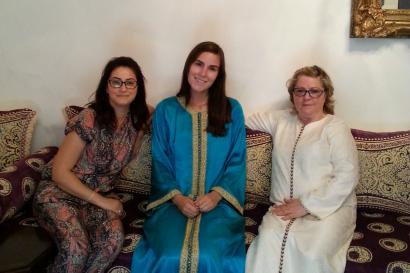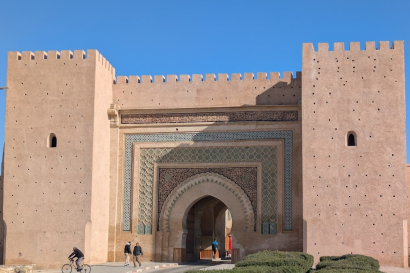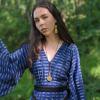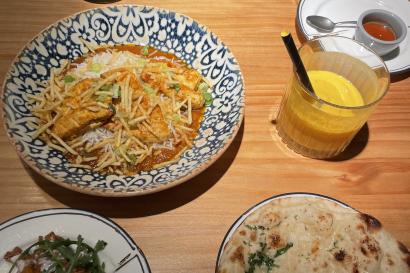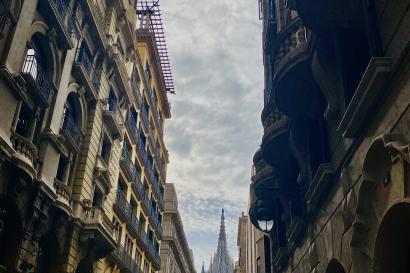Before I came to Morocco, I was nervous about a lot of things. It’s always a little scary to get on a plane to a place you’ve never been to live in a country and culture so different from your own. Morocco is a predominantly Muslim country, so I knew there would be cultural and religious differences. I was also a little bit nervous about being in Morocco during Ramadan, which is Islam’s holy month. I knew a little about Ramadan from religious studies classes and Muslim friends, but I had never been in a place where nearly everyone would be participating. I was curious about what potential challenges that would pose to me as a foreigner and how I would navigate the additional cultural differences during the month.
Now that Ramadan is nearly at its end, I have to say I’m really glad I got to experience the holy month in Morocco. While there were a lot of cultural adjustments, Ramadan has helped me understand Islam on a deeper level. During Ramadan, Muslims fast from sunrise until sunset in order to focus more on spiritual matters. A few of us in the group attempted to fast and discovered that it is (unsurprisingly) ridiculously difficult, especially abstaining from drinking water in the Moroccan heat! At night, the fast is broken at Iftar. The traditional Moroccan foods of Iftar include harira (vegetable) soup, dates and hard-boiled eggs. In classic Moroccan fashion, there is also lots of bread and sweets!
Another important aspect of Ramadan is charity. During the holy month, Muslims are expected to feed the poor in their neighborhoods and be charitable with their money, time and belongings. Every night, my host family served Iftar to some homeless people on our block. On the streets, people would stop and give money, food and other gifts to those begging in the streets. It was heart-warming to see how the poor and downtrodden were treated with so much respect and consideration. I got in the spirit myself and made a habit out of giving a few dirhams to those in need on my daily commute back from school. The IES group also experienced the charitable aspect of Ramadan by volunteering. One day, we participated in a beach clean up. Two other evenings, we all served Iftar at a local soup kitchen to those who could not afford to make Iftar for themselves. Although I am not a Muslim, the emphasis on charity and spiritual reflection was extremely enjoyable. It definitely made me reflect on my own spirituality and my own relationship with the world around me. Although it was nerve-wracking coming in, I am truly glad I was able to experience Ramadan during study abroad.
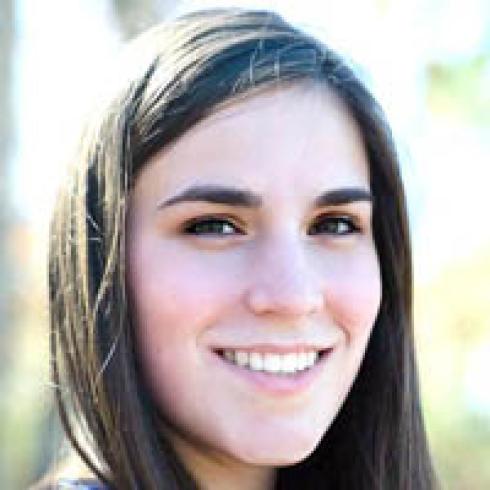
Chloe Zagrodzky
<p>Chloe Zagrodzky is a rising junior at Claremont McKenna College majoring in Government and Leadership. When not reading the Federalist Papers for the 100th time, she can be found practicing her French skills, running or preparing to compete with her Mock Trial team. Her list of favorite things includes dogs of all shapes and sizes, reasonably priced mochas and creative Instagram captions.</p>
